L'Oreal switches to 3D printed skin for testing
The cosmetics firm will work with Organovo to print the test skin in an ethical way

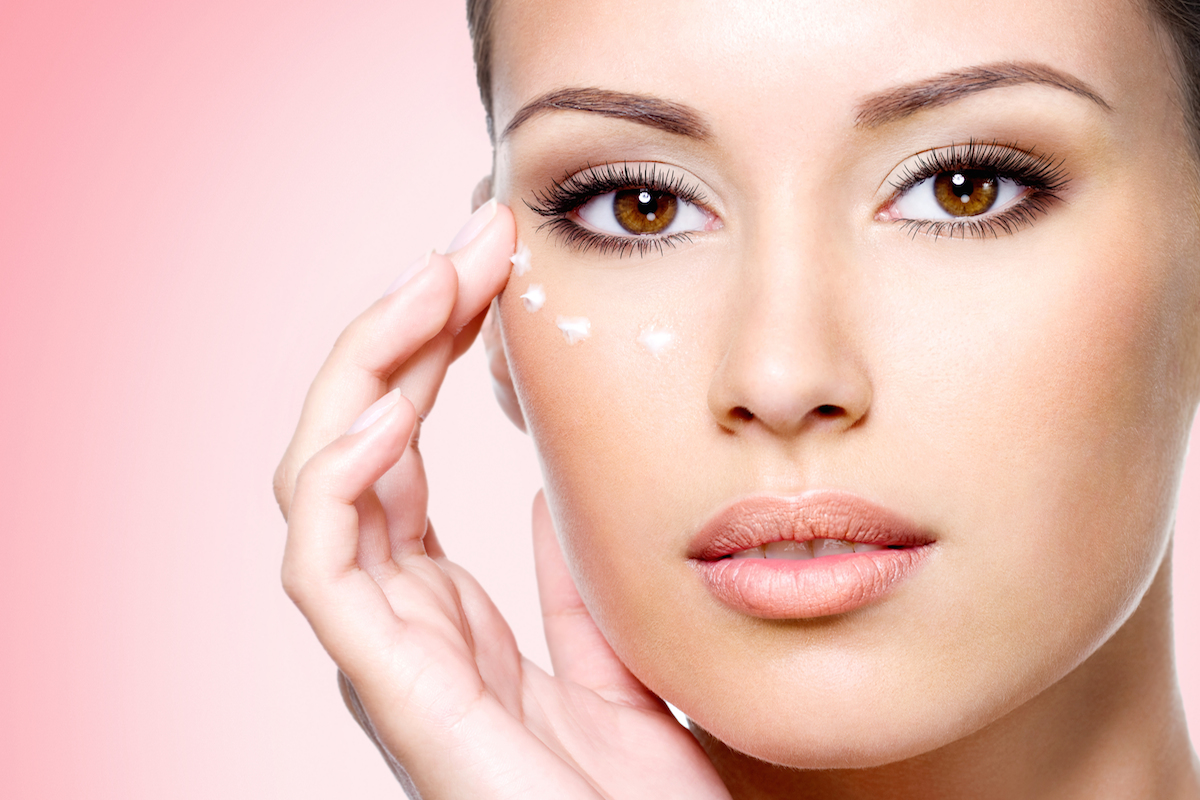
Cosmetics firm L'Oreal and bio-engineering company Organovo will work together to produce 3D-printed skin in order to test products in an ethical manner.
The company currently grows 100,000, 0.5sqcm skin samples every year in a multitude of different ethnicities and at different age levels from skin donated by cosmetic surgery patients. This tissue is broken into cells and then fed and grown in an environment similar to the human body.
This new skin will be printed using Organovo's NovoGen Bioprinting Platform, which finds the key parts of the skin tissue and creates a specially formulated bio ink for it. The skin is built using vertical layer printing and can be produced much more quickly than the week required to make skin samples at present.
A L'Oreal spokesperson commented: "Our partnership will not only bring about new advanced in vitro methods for evaluating product safety and performance, but the potential for where this new field of technology and research can take us is boundless."
Although this method has great potential for medical skin applications - such as those for burns victims or severe wounds - its use in cosmetics was limited, some critics have claimed.
Organovo said it has already managed to print a human liver using its "proprietary 3D bioprinting technology". It says on its website that the liver remained fully functional and stable for more than 40 days.
Alan Faulkner-Jones, a bioengineering research scientist at Heriot Watt university told the BBC: "It was unclear how liver-like the liver structures were. Skin is quite easy to print because it is a layered structure. The advantages for the cosmetics industry would be that it doesn't have to test products on animals and will get a better response from human skin."
Sign up today and you will receive a free copy of our Future Focus 2025 report - the leading guidance on AI, cybersecurity and other IT challenges as per 700+ senior executives

Clare is the founder of Blue Cactus Digital, a digital marketing company that helps ethical and sustainability-focused businesses grow their customer base.
Prior to becoming a marketer, Clare was a journalist, working at a range of mobile device-focused outlets including Know Your Mobile before moving into freelance life.
As a freelance writer, she drew on her expertise in mobility to write features and guides for ITPro, as well as regularly writing news stories on a wide range of topics.
-
 The modern workplace: Standardizing collaboration for the enterprise IT leader
The modern workplace: Standardizing collaboration for the enterprise IT leaderHow Barco ClickShare Hub is redefining the meeting room
-
 Interim CISA chief uploaded sensitive documents to a public version of ChatGPT
Interim CISA chief uploaded sensitive documents to a public version of ChatGPTNews The incident at CISA raises yet more concerns about the rise of ‘shadow AI’ and data protection risks
-
 IDC: The business value of IBM Maximo
IDC: The business value of IBM MaximoWhitepaper Integral to the transformation of asset management
-
 Predicts 2024: Sustainability reshapes IT sourcing and procurement
Predicts 2024: Sustainability reshapes IT sourcing and procurementwhitepaper Take the following actions to realize environmental sustainability
-
 Advance sustainability and energy efficiency in the era of GenAI
Advance sustainability and energy efficiency in the era of GenAIwhitepaper Take a future-ready approach with Dell Technologies and Intel
-
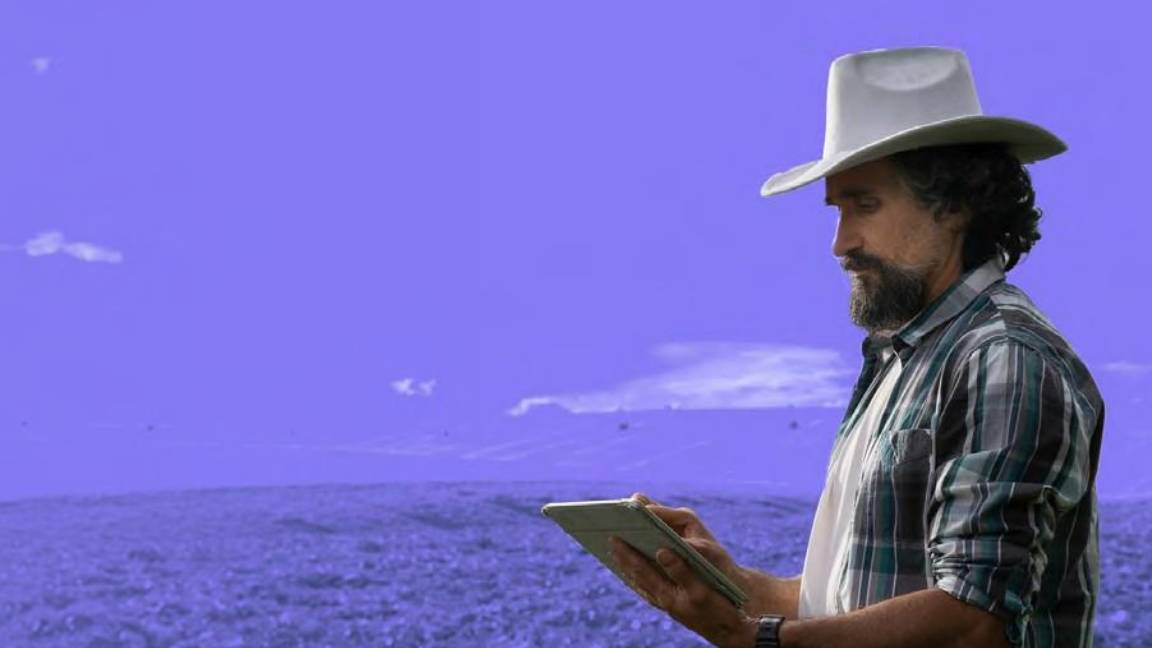 2024 State of procurement report
2024 State of procurement reportWhitepaper The trends shaping the future of business buying
-
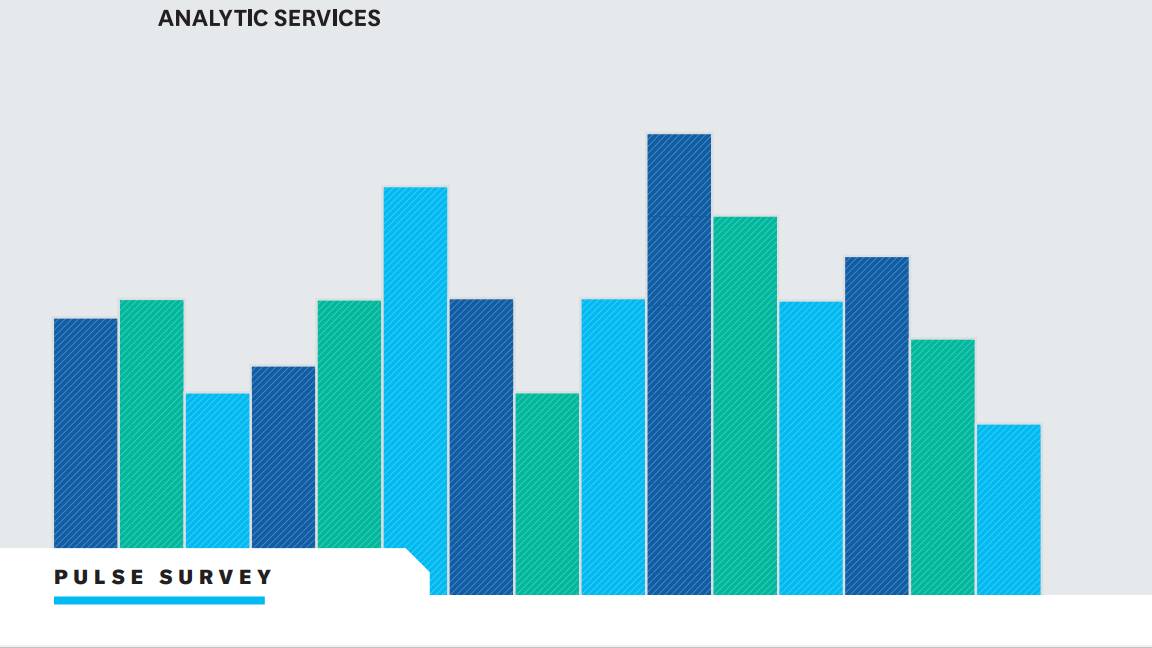 Digital optimisation paves the way to strategic supplier management
Digital optimisation paves the way to strategic supplier managementWhitepaper Procurement’s role as a strategic driver
-
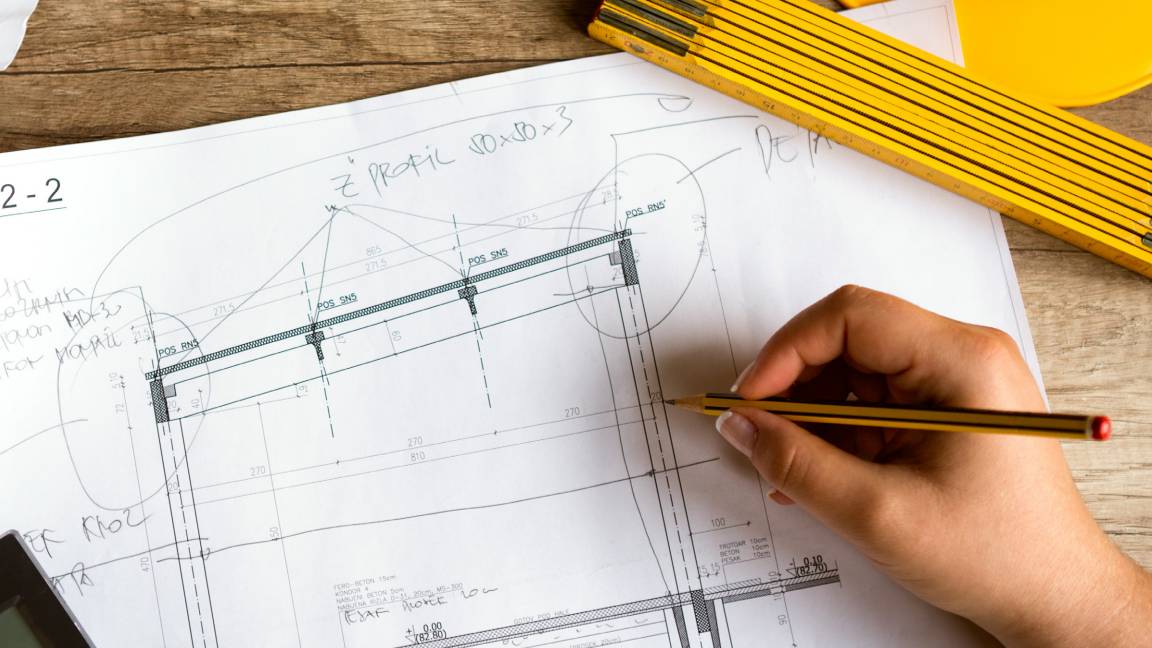 Bringing order to the file management chaos plaguing AEC firms
Bringing order to the file management chaos plaguing AEC firmswhitepaper How a cloud-based solution, supported by edge technology, helps architecture, engineering, and construction firms boost performance and cut costs
-
 File data services to support modern manufacturing
File data services to support modern manufacturingwhitepaper Smart file data services deliver resilience and intelligence to the modern manufacturing organization
-
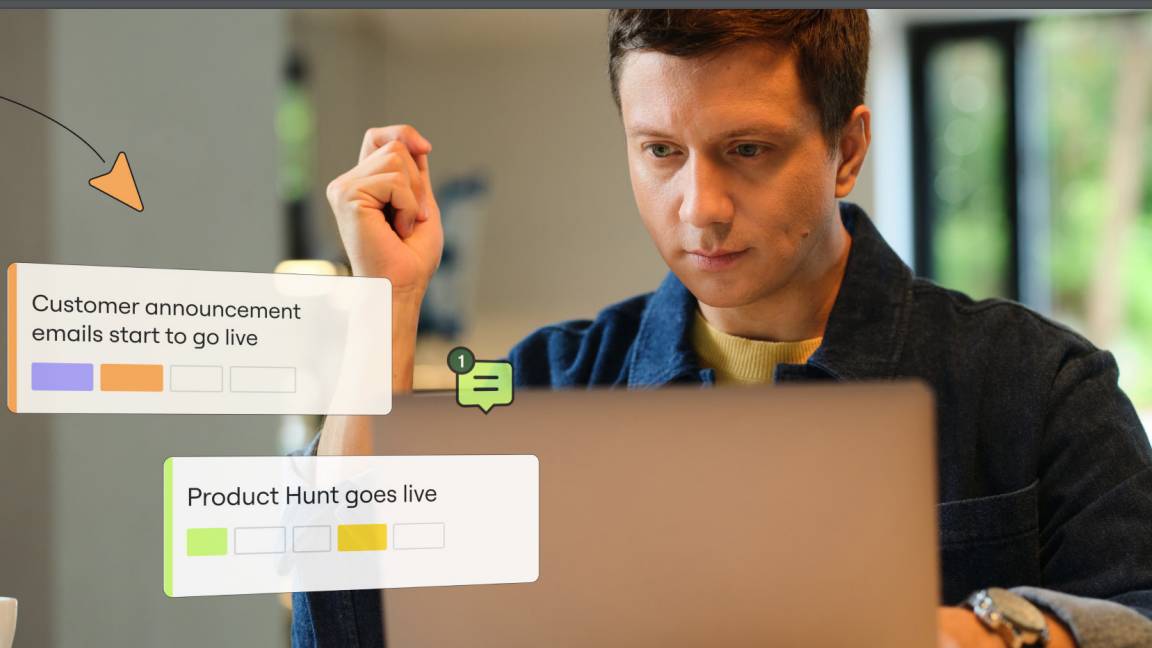 Innovation in product development
Innovation in product developmentwhitepaper The latest data on how successful product development teams collaborate to build the future